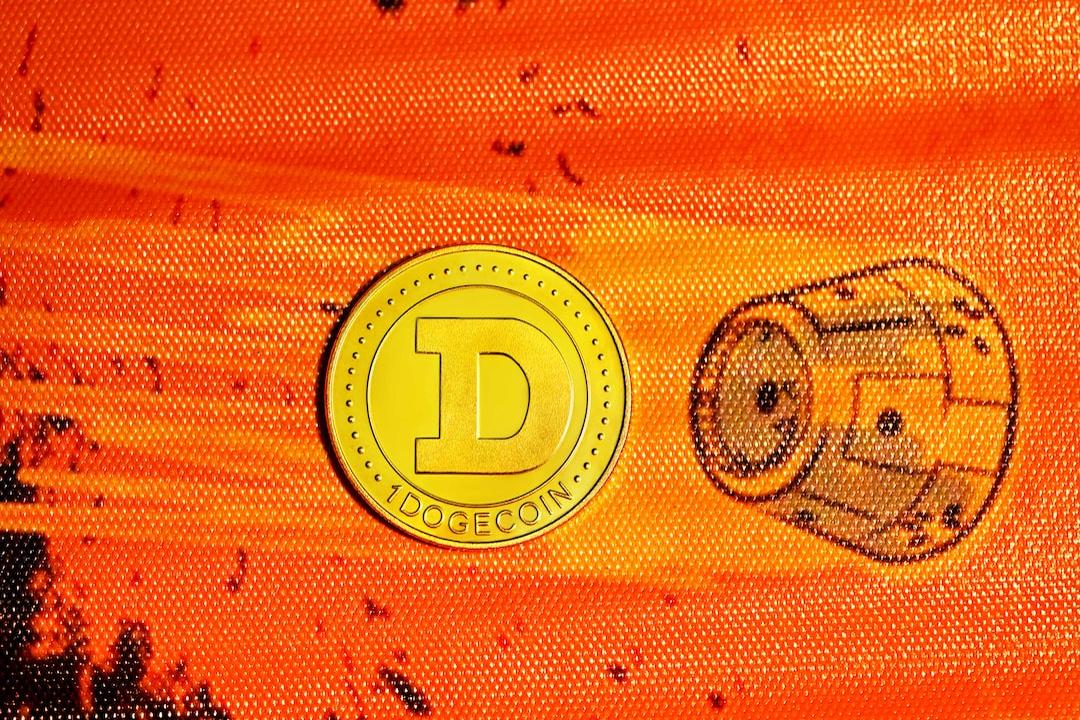The Base network controversy
The Base network, backed by Coinbase as a layer-two solution for Ethereum, has seen its name embroiled in controversy after the sudden creation of a memecoin called BASEISFOREVERYONE. The coin had a rocky launch: it rose for two hours, but then fell 88% in just two minutes, followed by an even steeper drop of 94% in seven minutes.
The incident caused confusion and discontent among users in the cryptocurrency community. Despite the negative reaction, Base maintained the original announcement on its official account, trying to reframe the action as a way to “teach a lesson” to market speculators. Jesse Pollak, the project leader, continued with his public agenda and retweeted posts with an educational tone, showing no regret.
nice work team
max extraction on this one
pic.twitter.com/FcYLKHxjxq — will, owens (@owenswill14) April 16, 2025
Coinbase’s clarification
Amid the controversy, Coinbase quickly took a stand to clarify that Base did not launch a token. In a statement to the specialized portal, a company spokesperson said: “This is not an official Base token, and Base did not sell it. Base published it on Zora, which automatically tokenizes content.”
Since its launch in 2023, Base’s leaders have consistently insisted that there were no plans to create a native token. This position was reiterated by Jesse Pollak in late 2024 and again in April of this year. Coinbase has also reinforced its commitment to this policy, stating: “Please note that we do not currently plan to issue a new network token.”
Coinbase CEO Brian Armstrong has publicly confirmed that the company has no plans to launch a Base token, adding to the confusion generated by the recent move.
Classification of BASEISFOREVERYONE
Despite the creation of BASEISFOREVERYONE, Coinbase maintains that the memecoin does not fit the definition of a “network token”, as it does not have a function as a means of paying fees on the blockchain, being classified only as a memecoin with no technical utility.

